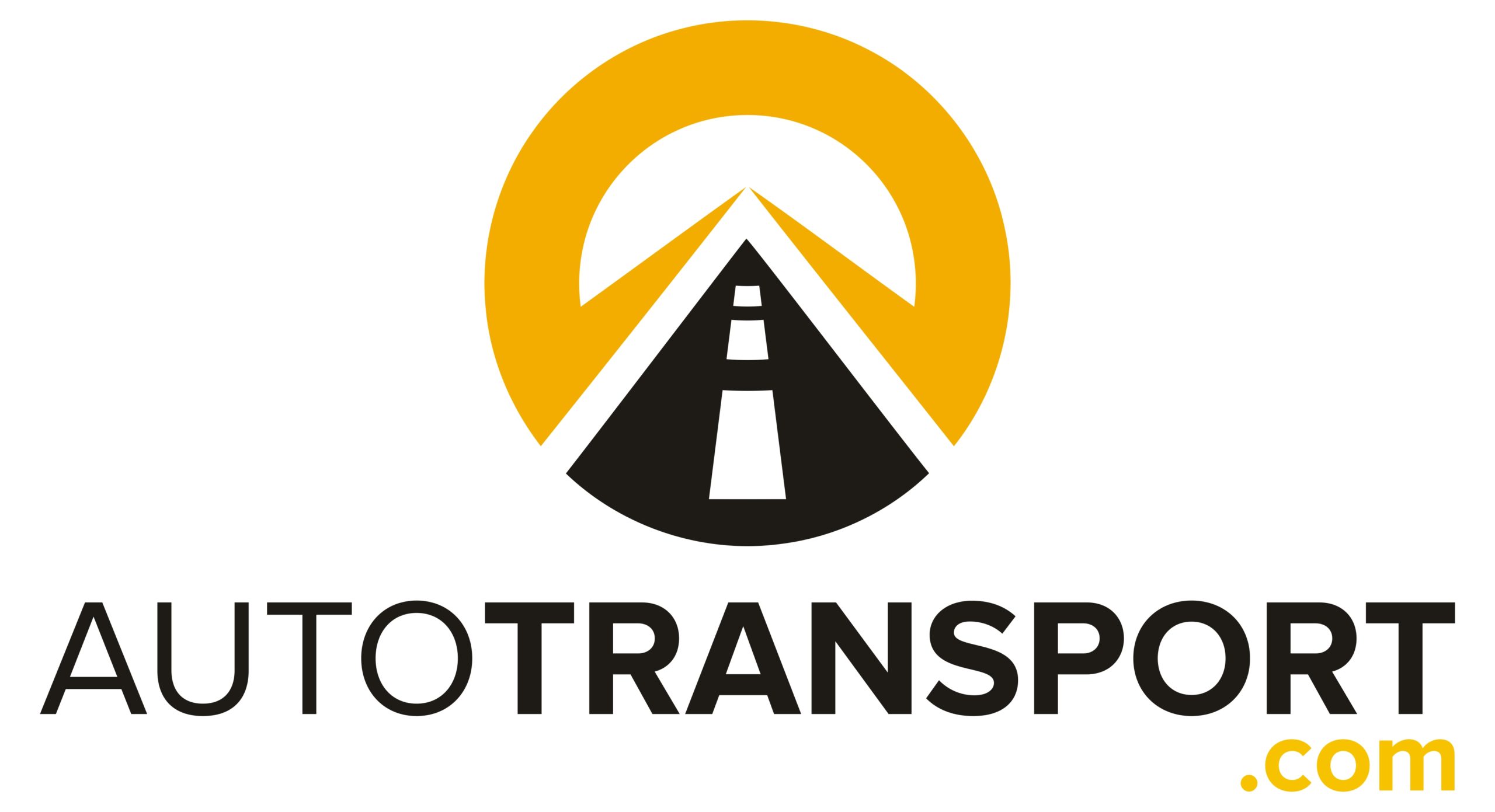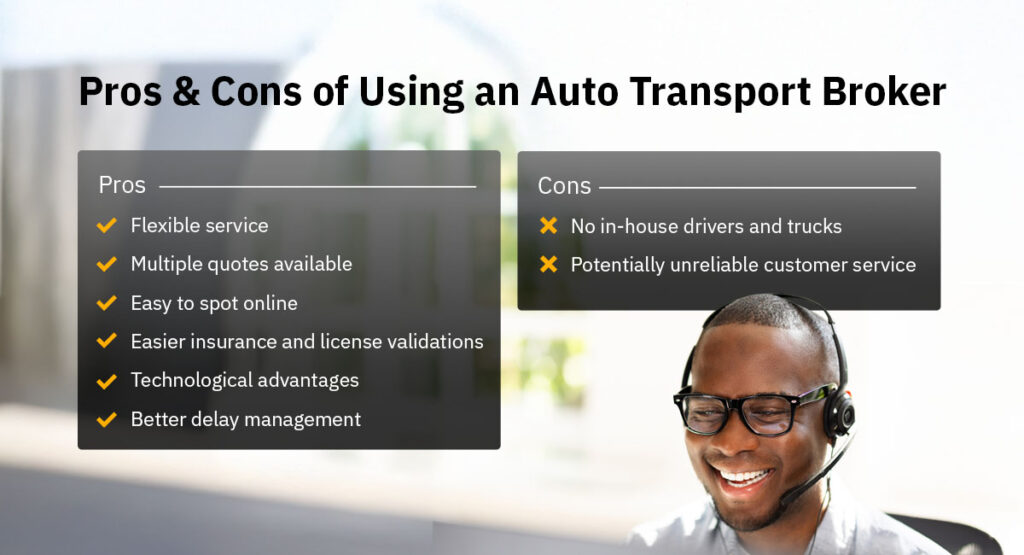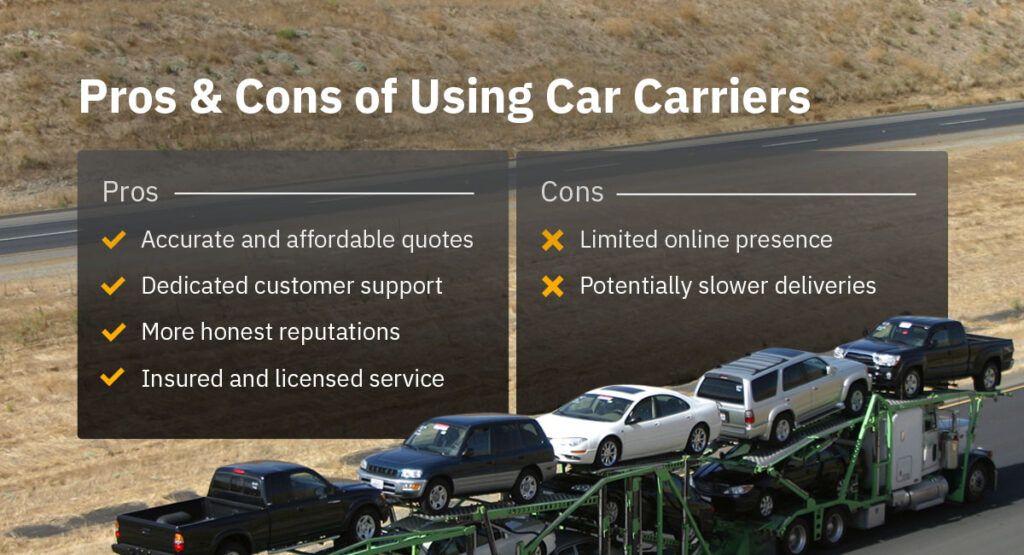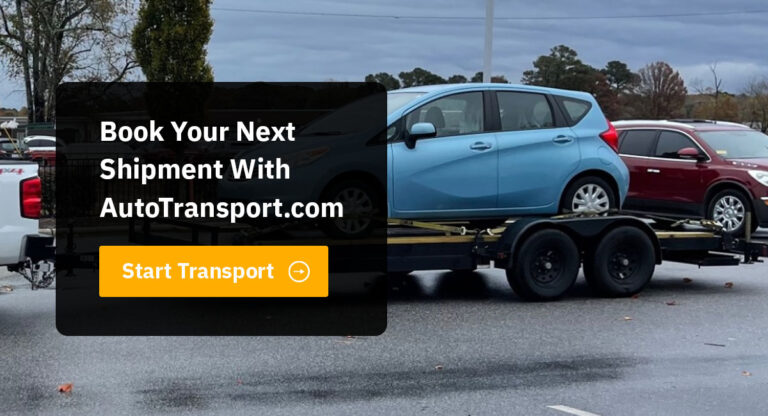What Is an Auto Transport Broker?
To ship your car from one location to another, you’d need a suitable truck and a driver to help you out. Car carriers typically provide these services directly, while car transport brokers act as a middleman between you and the carrier.
Brokers typically have many carriers on their network. This helps them find the most affordable option suitable for your budget. That said, auto transport brokers aren’t always your best bet. Here are the upsides and downsides of working with them.
Pros of Using an Auto Transport Broker
The perks of working with an auto transport broker include:
- Flexible service: Having your own truck as a company means you are limited to transporting vehicles that the truck can handle. Because brokers have a vast network of carriers under their belt, they can help you find a suitable truck depending on the type of car you plan to ship.
- Multiple quotes available: Working with multiple carriers means the broker’s price is determined through a bidding process. You may be offered multiple quotes from different carriers and will get the freedom to choose which service is within your budget.
- Easy to spot online: Car carriers aren’t always available online. Auto transport brokers have websites to connect with customers, making it easier to apply online. You can also read about their services and consult review websites to gauge their customers’ experiences.
- Easier insurance and license validations: Brokers should only work with licensed and insured carriers. This means they can do the back-end work of checking for these licenses, including reviewing the driver’s credentials. You would have to do these things yourself if you decide to work with a carrier. Additionally, the brokers themselves should be registered with the Federal Motor Carrier Safety Administration (FMCSA), which you can verify on the FMCSA’s website, under the drop-down “Carrier Search.”
- Technological advantages: To ensure safety and seamless operations, brokers may adopt GPS and other transportation management systems. This can help drivers become more accountable, and the team on the broker side can assist with the routes if necessary. This helps the driver stay on track with your specified timeline.
- Better delay management: No company should guarantee a specific schedule. Unpredictable things can happen on the road and cause delays, like bad weather or traffic accidents. However, compared to car carriers, brokers can provide backup plans due to the strength of their network. If anything happens and your original truck can’t get through or breaks down, another carrier can step in to deliver your vehicle.
Cons of Using an Auto Transport Broker
The advantages of a car transport broker are strong, but consider these downsides for the full picture:
- No in-house drivers and trucks: Because brokers only work with car carriers, they don’t own the trucks that will be used to deliver your vehicle — unless the company is a hybrid business, making it both a carrier and a broker. A reputable broker should be diligent in assessing carrier trucks and identify whether there are hazards that can damage your car. Because the drivers are also not their own, it’s hard to expect uniform quality service from one broker company.
- Potentially unreliable customer service: There are only a handful of brokers who can stay in touch with you throughout the process. It can be frustrating if you encounter a company where you can’t reach customer support after your car gets dispatched. Because of poor customer service, some auto transport brokers end up having “sketchy” reputations.
What Is a Car Carrier?
Car carriers or auto shipping carriers are companies that ship your car from point A to point B using their own resources. They have their own trucks and drivers, giving them more control over the quality of service compared to auto transport brokers.
Car carriers are typically small and have limited trucks, but you may still find others large enough to offer multiple transportation options. Some are hybrid businesses that have their own fleet of trucks, while still having access to a network of other carriers. Here are the upsides and downsides of opting for these non-broker car transport services.
Pros of Using Car Carriers
When working with a car carrier, you get:
- Accurate and affordable quotes: Compared to car carriers, brokers tend to have hidden or surprise fees, making the total cost of the service significantly different from what’s originally proposed. What’s more, because brokers are middlemen, they also charge on top of what carriers charge. If you work directly with a car carrier, you can avoid these extra fees and trust that what is offered is what you’ll pay for.
- Dedicated customer support: It’s easier to communicate with a car carrier as you will likely have a single point of contact. You may even directly communicate with the driver, which makes it easier to get specific updates.
- More honest reputations: The risk is higher for car carriers if they ever mess up, considering they will likely only have themselves to blame — unlike brokers, where they can always pass on the fault to the carrier they’re working with. That said, client reviews can help you identify which companies are reputable, honest and reliable, and take accountability for their actions.
- Insured and licensed service: Car carriers must have the necessary licenses and insurance to offer their services. You’ll have to verify these credentials yourself, but you can do this easily through FMCSA’s website.
Cons of Using Car Carriers
Apart from the benefits, consider the following drawbacks of using a car carrier:
- Limited online presence: Car carriers don’t usually have an online presence or website as they typically network with brokers. This can make it tricky for you to find one you can directly work with. That said, if a carrier is large enough, you may find them available online.
- Potentially slower deliveries: Since carriers are usually owned by small-time or solo owners, they typically only have one or two trucks on hand. You’ll be limited to the schedule of their availability. Plus, if there are delays due to truck issues, it can be tough to predict if they can still deliver your vehicle on time.
AutoTransport.com is a nationwide auto transport company that has worked with customers since 1997. We have transported over 600,000 cars and have received an A+ BBB rating, ensuring you’ll be working with a trusted and reliable company. We offer budget-friendly services, and you won’t need to pay anything upfront. You’ll even get the contact information of your assigned driver, so you can get updates in real time.
Get started in three easy steps. Schedule your shipment today!



